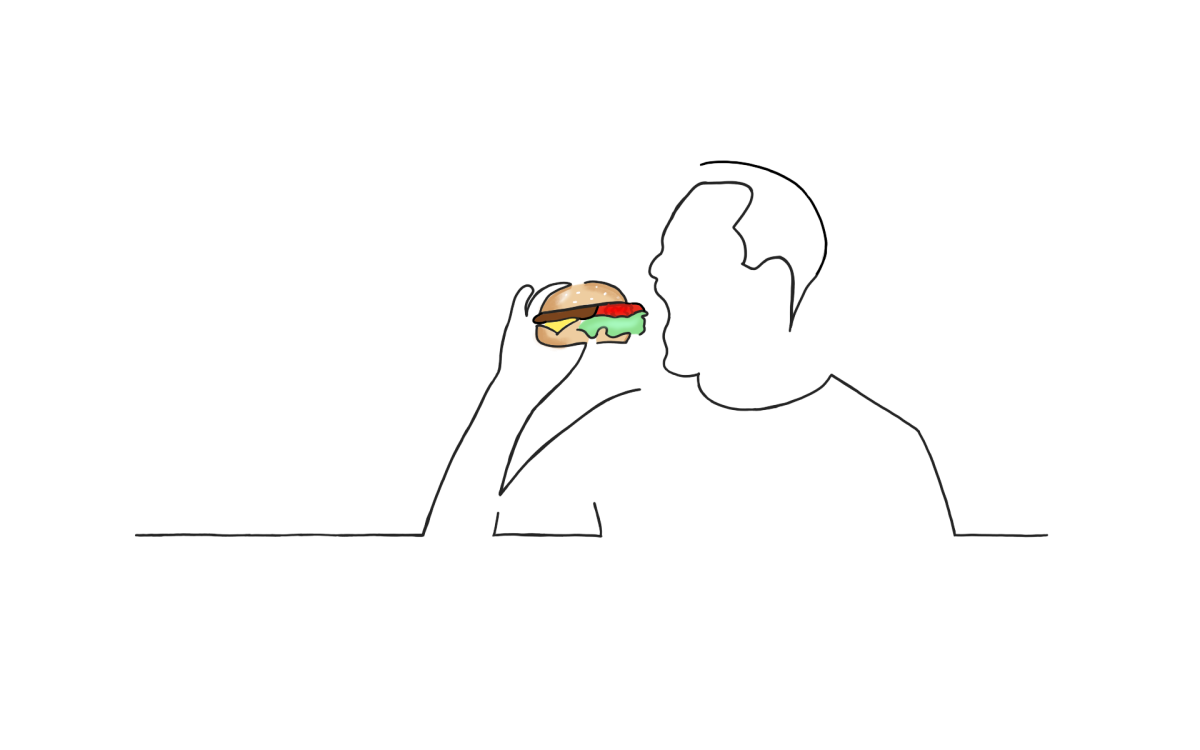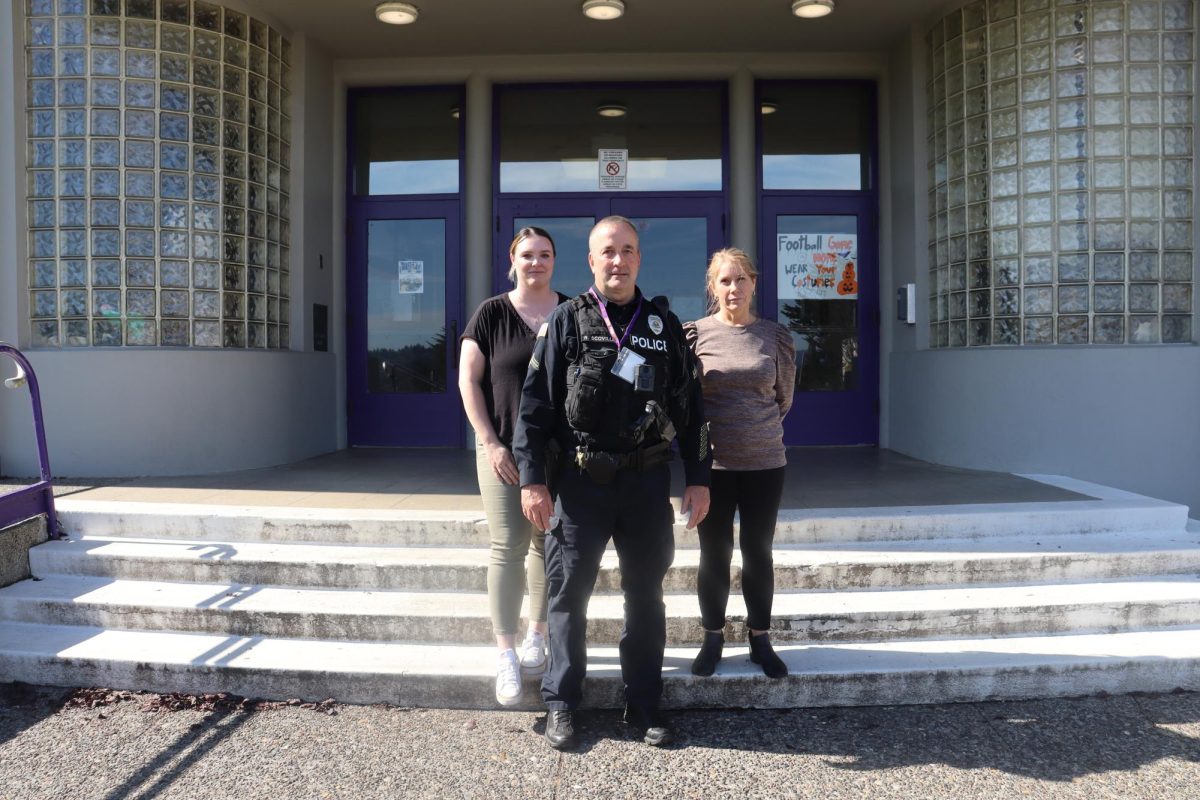Fetal Alcohol Syndrome, or FAS, affects the early development of a fetus, ultimately altering the later life of those afflicted by it. Living with these symptoms is Audrianna Emery, adoptive sister to senior Kiannah Emery. Kiannah helps her sister, who although she is 20, has the mental capacity of a seven-year-old.
Heroin, alcohol and pregnancy: a deadly mix.
According to Foundation for People with Disabilities statistics, one in every 500 babies born in Western countries are affected by Fetal Alcohol Syndrome (FAS). Among these is 20-year-old Audrianna Emery, adoptive sister to senior Kiannah Emery.
As her biological mother’s pregnancy progressed, Audrianna was continually introduced to and affected by the use of heroin and alcohol. Until her adoption by Jennifer Armstrong in 2002, at age seven, she did not receive proper care for her condition, faced abuse in the home of her father and was continually moved from location to location.
Two years after she arrived at her new home, Armstrong also adopted Kiannah, and though it took time, the sisters created a bond.
“I like that she’s very nice, outgoing, friendly,” Audrianna said. “She’s thoughtful.”
Armstrong is the primary caregiver for Audrianna, as she is not able to be left unsupervised, and never will be. Kiannah, however, also caregives for Audrianna and plans to move in with her as a primary caregiver when they are able to be approved for housing and she turns 18.
“I’m trying to get my own apartment, but I can’t be alone,” Audrianna said. “We’re trying to work on that.” Due to the damage to her brain during initial development, Audrianna is physically 20 years of age, but is mentally only seven.
“She has FAS which is a form of mental retardation,” Kiannah said. “She is mentally, physically and emotionally challenged.”
According to Kiannah, she and Audrianna spent most of the summer together going to movies, practicing soccer, playing games and much more.
“She gets to be a cheerleader for the girls soccer team,” Kiannah said. “The soccer team asked her if she’d be willing to . . . on Wednesdays she comes to soccer practice and cheers on the girls.”
For Audrianna, Kiannah is more than just a sister.
“I stopped trusting people when I was young,” Audrianna said. “My sister helped me reach out to others.”
For Kiannah, Audrianna has done more than become a companion. After working with her disabled sister, Kiannah learned she enjoys advocating for the disabled and is currently a life skills aid in the mornings at school.
“She’s opened my eyes to children in need,” Kiannah said. “Other people look down on them. She opened my eyes and my heart.”
Kiannah plans to achieve a career in social work and wants to work with children in need. She has tentative plans to open a group home for the disabled.
Audrianna was moved to a group home in 2009 after Armstrong became concerned with the safety of her other children in their home, due to her behavior. According to Audrianna, the experience was less than pleasant. Kiannah said this allowed her the opportunity to think about what she would have done differently had she been in charge.
“I can see her [Kiannah] working with people with disabilities, but I think she will find that she wants to advocate for people with disabilities,” Armstrong said. “I see her fighting more of that role than a 24/7 caregiver, because it is exhausting.”
Armstrong said she thinks Kiannah’s interest in the disabled comes from what she has seen Audrianna go through as a disabled child, teen and adult.
“She’s seen the injustice,” Armstrong said. “She’s seen it all. She’s seen the way the kids get pushed around.”
There are many forms and severities of FAS, which are dependent on the severity and prevalence of the alcohol and/or drug abuse during the pregnancy. Audrianna looks mostly like anyone else, but suffers primarily from developmental disabilities. She also needs constant monitoring and help in completing most of her daily needs.
“As a parent it’s hard because you don’t get to see all the milestones, the driver’s license, the wedding,” Armstrong said. “The frustrating thing about FAS is that it’s 100 percent preventable.”























